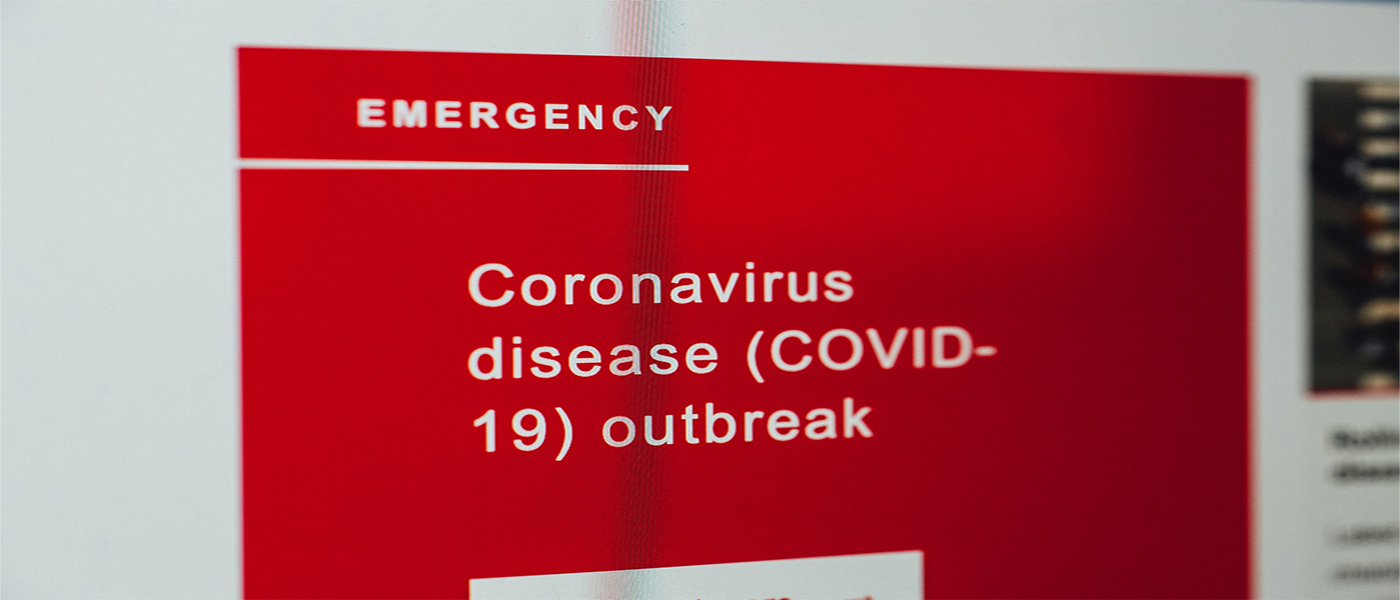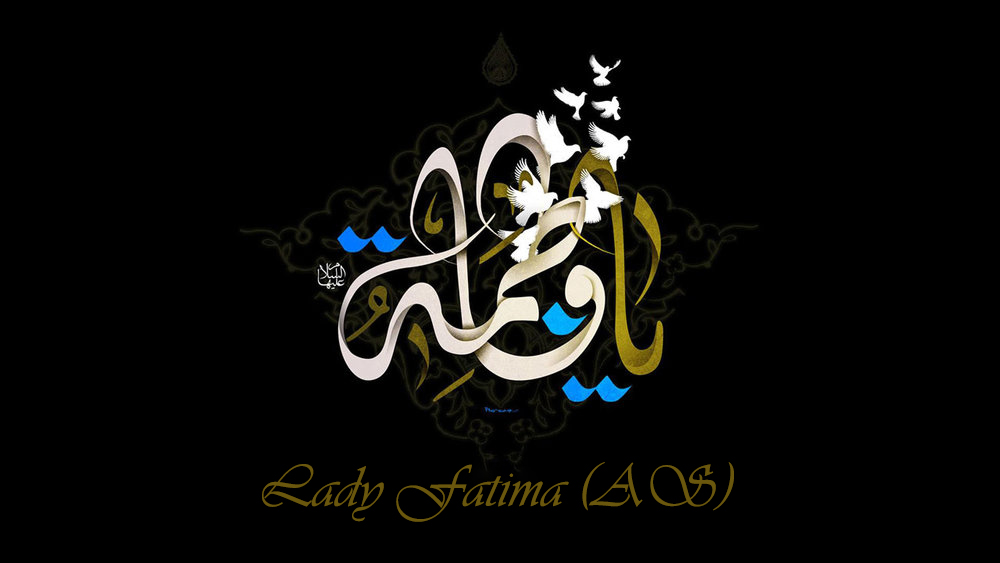

What Are My Responsibilities Towards Others? Part 1
One of the significant parts of responsibility in Islam is our responsibilities towards other people in our lives. Human beings are social creatures. Being in the society, humans are no more obliged to provide all their basic needs on their own. They might benefit from the skills of other people in various fields.
And in return, every individual should do something for what he\she gains from others. It means that everyone is responsible towards other people in the society. Being emphasized in Islamic teachings, it is over every Muslim to respect the rights of other people with the priority given respectively to his\her nuclear family, relatives, neighbors, other Muslims and other human beings [1].
The Rights of the Family as the Primary Responsibility in Islam towards Others
Family as the basic unit of the society is the first community where one’s social interactions begin. The support and peace that one receives in the family make him\her responsible towards them. Thus, the concept of responsibility in Islam towards other begins with our duty towards our family.
Responsibilities towards Parents
The rights that parents have over children have been discussed in another article, but briefly, they include:
Obedience to parents as far as it is not against God’s orders or unjust. Even in those cases, one should respect his\her parents [i],;
Having deep respect and great affection for them;
Being humble, using a gentle voice and kind words when talking to them;
Praying and asking mercy for them (17:24), whether they are alive or not;
Offering father the property, honor, and life [2];
The rights of the mother are superior to those of father [3] such that they can never be returned unless with divine providence.
The Responsibility in Islam towards the Wife
A detailed review of husbands’ duties was presented in another article. These duties can be summarized as:
Paying the marriage portion (Sedaq);
Paying for the living expenses of the wife (Nafaqah) [4];
Paying wife for the house chores if she asks for [ii], [5];
Treating the family well, including wife;
Helping the wife in house chores [6];
Ignoring minor errors of wife and forgiving her major mistakes.
The Responsibility in Islam towards the Husband
The rights of the husband over his wife have been fully discussed before. Briefly:
Husband as the manager of the family is the only person who is fully responsible for all affairs of the family. Accordingly, every member of the family should obey him;
Wife as the source of peace and solace to the husband (30:21) has to submit herself to her husband except during menstruation sexually [iii].
Responsibilities towards Children
The rights of children over parents begin before the conception and continue a lifetime. These rights already discussed in previous articles, can be summarized as:
Great care for the act of conception emphasized in Islamic teachings, which are important for the physical, mental and spiritual health of the child in the future;
Providing the necessary care for mother during the pregnancy to give birth to a healthy baby;
Reciting the Call to Prayer in the ears of the newborn];
Giving the baby a proper name at birth;
Breastfeeding the baby until the approximate age of two [7];
Behave the children nicely and respectfully;
Gradually familiarizing the children with religion after the age of Three [8];
Starting necessary religious education and guidance in belief and act during middle childhood;
Providing academic education at school;
Teaching them moral characteristics and attributes;
Helping the children to perceive the physical and emotional changes of puberty to experience a pleasant transition during this period;
Allowing children to participate in every decision-making in the family when they are adults.
Preparing the children for the responsibilities of married life at the age of marriage, helping them to choose a proper mate for themselves, and providing them with some of the basic needs of a small family.
Responsibilities towards Brothers [iv]
Imam Ali (AS) addresses Malik Al-Ashtar in a letter and explains that “people are either your religious brother or they are humans just like you. They might make mistakes deliberately or unintentionally, as you do. Hence, forgive them just as you hope God to forgive you”. Imam Sajjad (AS) also enumerates the rights of brothers over each other [4]:
You should consider your brother as a powerful hand which is ready to help, a refuge in case of troubles, and a power upon whom you can always rely;
You should not take your brother as a weapon with which to disobey God, nor as a means by which to violate God's rights;
You should never forget to help your brother against his\her self-incitement and to support him\her against his\her enemies;
You should offer your brother wise counsel and should never leave him\her alone in case of need. However, if your brother does not obey God’s commands, you have to prefer God’s satisfaction with his\hers.
Notes:
[i] For more information, see ref. [3].
[ii] However, some of these rights depend on how the wife respects her husband’s rights.
[iii] Much care is also paid to the sexual needs of wives in Islamic teachings, and there exist enough instructions on how to satisfy them.
[iv] The term “brother” here is not confined to siblings; it also refers to every two or more companions of the same religion.
References:
- A. Javadi Amoli, “Mafatih al-Hayat”, p. 219.
- Ibn Babawayh,”Fiqh al-Ridha (AS)”, p. 334.
- A. Javadi Amoli, “Mafatih al-Hayat”, p. 224.
- Imam Zayn al-'Abidin (AS), “Treatise On Rights (Risalat al-Huquq)”.
- H. Vahid Khorasani, “Islamic Laws”, Create Space Independent Publishing, 2014, p. 393.
- A. Javadi Amoli, “Mafatih al-Hayat”, p. 257.
- S. H. al-Amili, “Wasail al-Shia”, vol. 2, p. 618
- H. F. Tabarsi, “Makarim al-akhlaq”, p. 115.
Share This Article

Some Lessons That The Coronavirus Teaches Us
On a cold winter day, I left the house for work while I really wanted to get back into bed. Cursing the heavy traffic, the crowded subway, and the noisy girls laughing loudly next to my ears, I finally arrived at my workplace, where my colleagues were talking about a thing called “Coronavirus.” At that moment, I never thought the issue might be so important. So, I ignored my colleagues and started to work.
A few days later, we heard about the lockdowns, the increase in the number of deaths caused by Covid-19, aka coronavirus. People were losing their dear ones, and they were afraid to participate in their burials and funerals. I could see with my own eyes the verses of the Holy Quran that say, “The day when a man will evade his brother, his mother and his father, his spouse and his sons, each of them will have a task to keep him preoccupied on that day.” (80: 34- 37)
We experienced days where everyone was worried about him/herself. Trying our best to buy and compile masks, soaps, and alcohol-based cleansers, we still thought that one of those Hollywood superpowers or the armies that save the world during the Armageddon would come and save the world. But, no one could do anything against these small viruses. That was where I could feel these verses of the Quran: “He had no party to help him, besides Allah, nor could he help himself. There, all authority belongs to Allah, the Real. He is best in rewarding, and best in requiting.” (18: 43-44)
Gradually, we stopped fighting the situation. We stopped panicking. We stayed home. Works and businesses were shut down. Schools and universities were closed. Visiting relatives and friends were forbidden. We were given some time for seclusion, some time to contemplate and come up with “what if” questions.
What if the Situation Remains the Same Forever?
What if going to work and school and university are no more important? What if the isolation continues forever? What if the hospitals won’t let you in, even if you pay a significant amount of money? What if fame and wealth would no more be important?
Do we still care about what to wear in front of others or how to talk to present ourselves as high-class people?
All our routine acts become meaningless. Our social norms and behaviors are questioned. We realize that none of our worldly habits were worthy enough to hurt ourselves or others. Things should change.
When Death Is Close
In Coronavirus days and nights, we see ourselves so close to death. Any moment we may be diagnosed with Covid-19. When it attacks us, the worldly longings and belongings are not worthy anymore.
If we are influenced by the signs and messages that God is sending us through this disease, we don’t care about collecting more wealth. We don’t think about becoming more famous. The only One left for us is God. He is the one that won’t leave us alone in the hardest situations: the one “who created me, it is He who guides me and provides me with food and drink, and when I get sick, it is He who cures me; who will make me die, then He will bring me to life” (26: 78-81).
What Is God Teaching Us through the Coronavirus?
By these little viruses, as coronavirus, Allah (SWT) teaches us the most important lessons of life. He reminds us that we were not brought into this world to take the game so seriously since we should keep in mind that “The life of this world is nothing but diversion and play, but the abode of the Hereafter is indeed Life (itself)” (29: 64), and that we live in this world for a small amount of time to be prepared for our real life in the hereafter. So, Allah tells us: “…And whatever good you do, Allah knows it. And take provision, for indeed the best provision is God wariness. So be wary of Me, O you who possess intellects!” (2: 197)
The best provision is not what we keep compiling in our daily life. Money, positions and promotions, university degrees, social popularity, followers and likes on social networks, etc. are not what we have come to this world for. If they become our life priorities, we may become among those that Prophet Noah (PBUH) mentioned them as the one “… whose wealth and children only add to his loss.” (71: 21)
What is the Way Out of this Situation?
In many chapters of the Quran, Allah tells us the story of people of different nations who disobeyed their prophets, and the punishment of God destroyed them. However, Allah also mentions that to get out of the hardest situations you need to turn toward God: “If the people of the towns had been faithful and Godwary, We would have opened to them blessings from the heaven and the earth. But they denied, so We seized them because of what they used to earn.” (7: 96)
Therefore, the only way to escape the current situation is to return to God and live the way He wants us to live, for the best life in this world and the hereafter.
Returning to God does not mean to pray to him and ask for forgiveness and keep on having the same behavior as we had. To return to God is to try to quit our bad habits, revise our false behaviors, stay away from the forbidden acts, and stay committed to the obligatory commands and orders of Allah.
“Whoever is wary of Allah, He shall make for him a way out [of the adversities of the world and the Hereafter].” (65: 2)
Read More

14 Prophet Muhammad (PBUH&HP) Quotes about Lady Fatima (AS)
1. Loving Lady Fatima (AS)
Whoever loves my daughter, Fatima (AS), will be with me in heaven, and whoever holds grudges against her will reside in hell.
Bihar al-Anvar, vol.27, p.116.
2. The Best in Worshiping Allah
Fatima (AS) is the best companion in the path toward serving and worshiping Allah.
Bihar al-Anvar, vol.43, p.117.
3. The Dearest
Fatima (AS) is the dearest of people to me.
Al-Shaykh al-Saduq, Al-Amali, p.259.
4. Lady Fatima (AS), the Joy of Her Father's Heart
Fatima is of my flesh, who is the light of my eyes and the warmth of my heart.
Al-Shaykh al-Saduq, Al-Amali, p.486.
5. Injustice to Lady Fatima (AS)
Woe to whoever does wrong to my daughter, Fatima (AS), after my death.
Bihar al-Anvar, vol.73, p.354.
6. Paying a Visit to Lady Fatima (AS)
Visiting Fatima (AS) equals to visiting me.
Bihar al-Anvar, vol.43, p.58.
7. Part of Her Father, Prophet Muhammad (PBUH&HP)
O’ Fatima (AS)! You are part of me, and I part of you.
Bihar al-Anvar, vol.43, p.32.
8. Prophet Muhammad (PBUH&HP)'s Deep Love for Her
O’ Fatima (AS)! I’m ready to give my life for you!
Bihar al-Anvar, vol.22, p.490.
9. A Heavenly Angel
Fatima (AS) is an angel who smells like heaven.
Bihar al-Anvar, vol.87, p.112.
10. An Avid Worshipper
Verily, Allah has poured faith and belief into the veins of Fatima (AS); thus, she is consistent in worshiping Allah.
Bihar al-Anvar, vol.24, p.74.
11. Lady Fatima (AS)'s Marriage
I did not give permission for Fatima (AS)’s marriage until I received Allah’s command as to her marriage.
Al-Shaykh al-Saduq, Uyoun Akhbar Al-Ridha, vol.2, p.59.
12. Lady Fatima (AS)'s Status
My daughter’s light is of Allah, and her status is higher than heaven and earth.
Bihar al-Anvar, vol.15, p.10.
13. The Four Honored Women
Heaven looks forward to four women: Mary, the daughter of Joachim, Asyia, pharaoh’s wife, Khadija, Khuwailad’s daughter, and Fatima (AS), Muhammad (PBUH&HP)’s daughter.
Bihar al-Anvar, vol.43, p.53.
14. Asking Allah's Pardon for Others
O’ Fatima! I give you the glad tiding of holding a high status in Allah’s regard, which provides you with the power to ask pardon for other people.
Bihar al-Anvar, vol.76, p.359.
Read More

